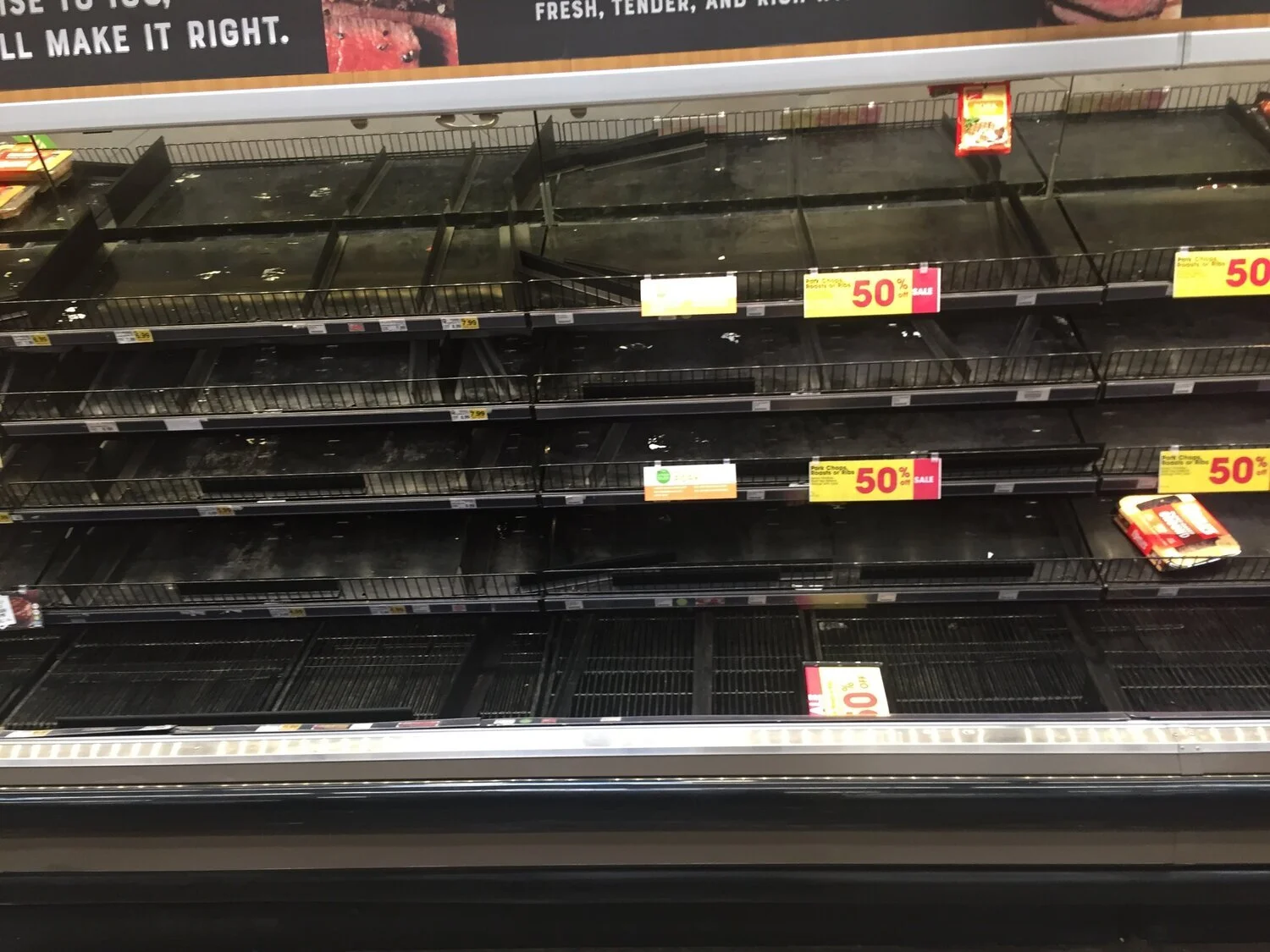How do we develop research models that help build community power? By making sure that community members are active partners at multiple stages of the research process. This means communities must have: 1) the power to shape the questions we ask, 2) the power to shape our research process to make sure it is not simply extracting data for our own benefit, 3) the power to package results in a way that is useful to our partners.
I was lucky enough to share my approach for a new report from the Brookings Institution, Supporting a community-led data infrastructure to build local and equitable governance that advances policy. See the video below for a brief summary, yes I make an appearance.










